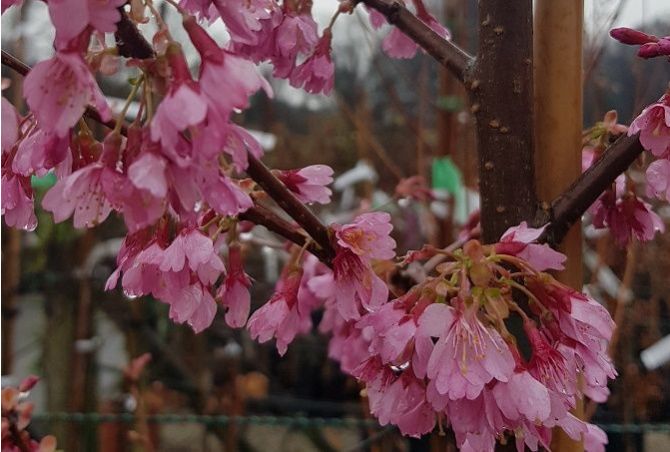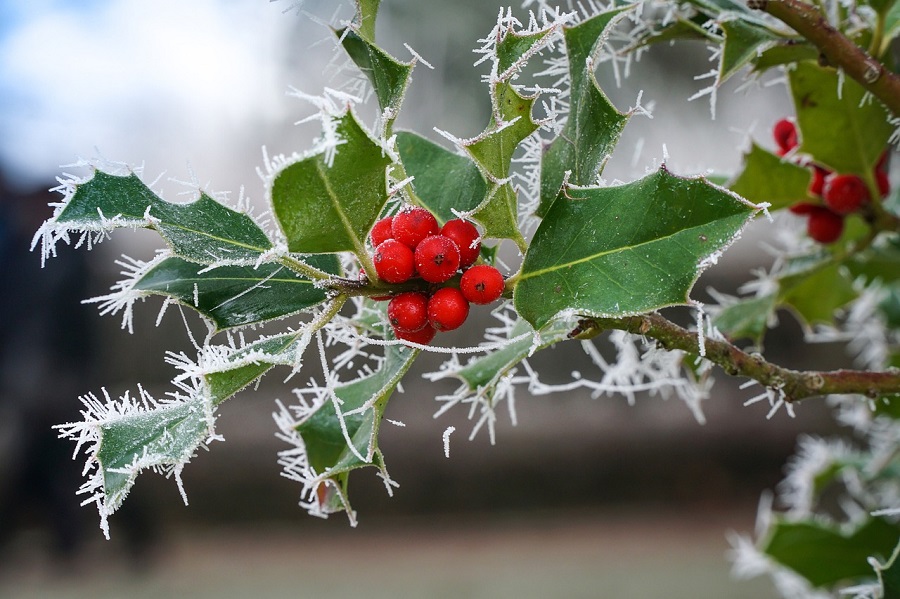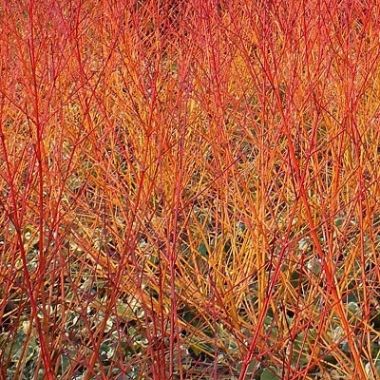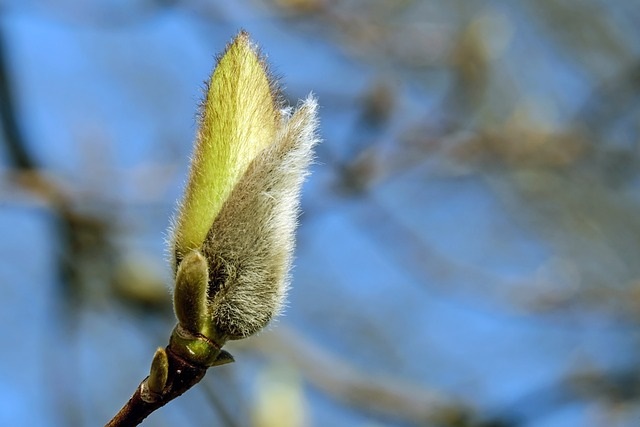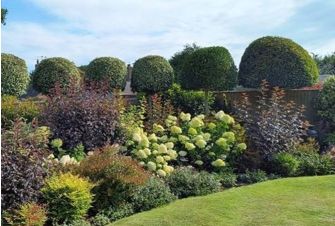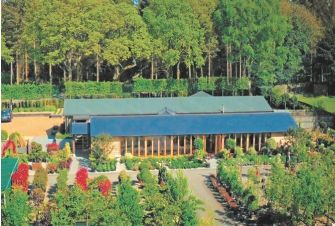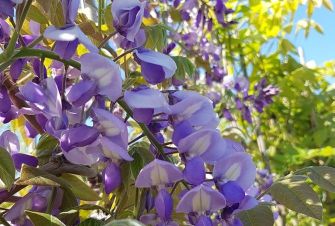A Certified Plant Healthy tree and shrub nursery
Here at English Woodlands, situated at Cross-in-Hand, East Sussex, we are delighted to confirm that the nursery has been awarded the Plant Healthy Certificate of Conformity for year to December 2024. The subject of plant health is immensely important as quality assurance protects plants against destructive pests and diseases. The Plant Healthy inspection, which has been developed by the horticultural industry together with Government input, examines management checks that have been put in place to ensure that plant health standards are given top-priority. Plant health and biosecurity measures are essential in order to prevent the introduction and spread of tree pests and diseases. The nursery became one of the first in the UK to be awarded the Plant Healthy Standard certification following an independent audit in 2022 and this remains a key feature of the business today.
English Woodlands became an employee-owned company at the end of 2023 in order to safeguard its independence for the future. The talented and passionate team of co-owners have a wealth of knowledge and experience, which they are always pleased to share whilst assisting valuable customers.
Spring is here!
Highlights on the nursery include buds and blossom, bursting forth (whatever the weather!) It's a time when the senses can be excited and theres everything to look forward to.
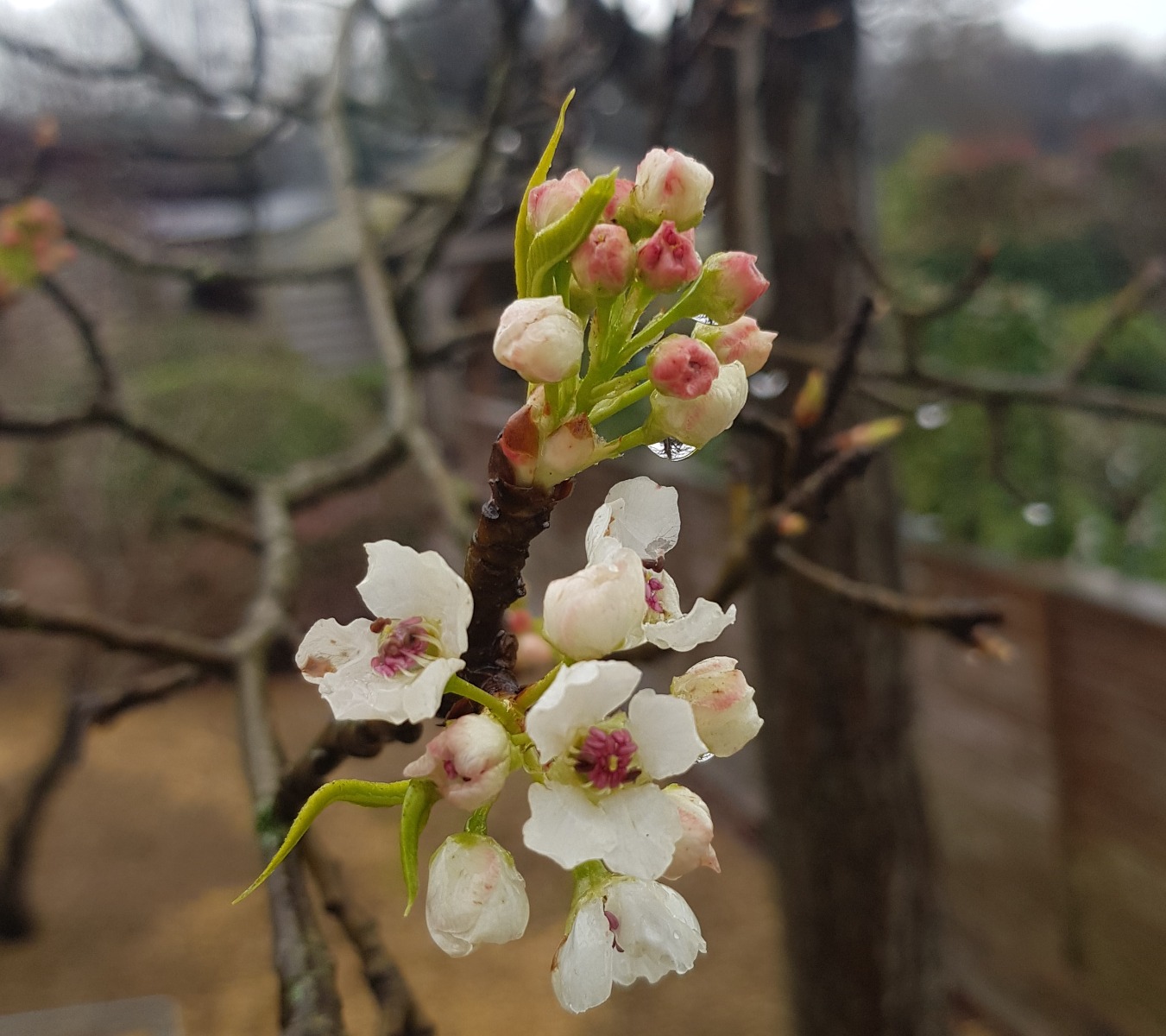
Pictured above is Pyrus 'Chanticleer', an immensely useful (and beautiful) upright tree that can be used as a street tree, a garden specimen, an avenue - just about anywhere, including within small gardens because of its slender shape! It has the accolade of being drought-tolerant (once established), wind-tolerant and pollution tolerant. In the picture below you can see Prunus 'Okame', a wonderful early-flowering ornamental cherry that looks amazing, even on a rainy day.
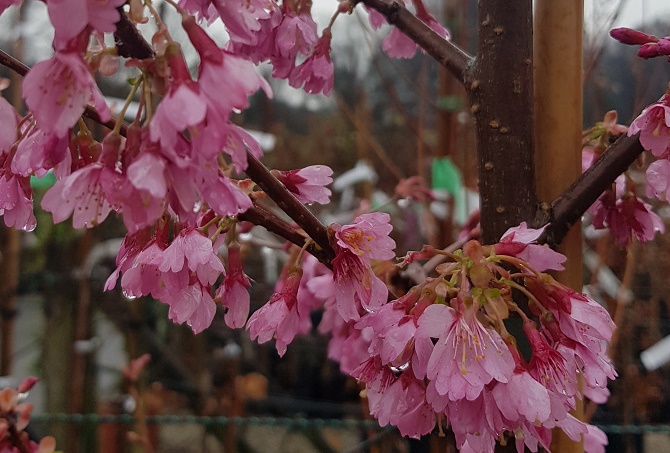
The season is exciting for all sorts of our senses, not just visual and scent! There are some plants, for example, that excel at percussion! The wind and even the rain are expert musicians, with certain plants making the very best instruments. Have you ever listened to bamboo in the wind? Bamboo is grown and planted in clumps, with stems being naturally close together. The dense stems block wind as it tries to pass through, often creating eerie 'bamboo music'. In addition, the sound of its rustling leaves is magical in the lightest breeze through to the whipping of foliage and rods during the fiercest gale. Likewise, rain falling on tough evergreen leaves such as laurel (Prunus laurocerasus); Photinia and Phormium (New Zealand flax) sounds like rhythmic drumming. What better reason to open your windows for a few minutes during a rainy day?
Touching leaves during winter puts you in touch, in a literal sense, with nature. Make time to run your fingers along a glossy, smooth evergreen holly leaf, possibly with upturned, spiky tips. Did you know that holly tends to adjust its 'spikyness' in response to being nibbled or trimmed? The leaves towards the top of an older holly are often smooth around the edges, whereas a holly hedge that is regularly cut, will be prickly. Those that have been nibbled by animals will also tend to increase their number of spikes during a process known as epigenetic modification. Some cultivated Ilex are completely smooth and others just have a few gentle spikes such as I. 'Nellie Stevens' and I. 'Golden King'.
Even better to feel leaves when they have been touched by frost. The icy surface yields softly under the fingertips in a shiver-inducing thrill.
But of course, sight is often the sense we use most. Especially during winter when viewing the outdoors from our cosy homes. Colour is a key feature of the winter landscape as it stands out amongst the silvery landscape. Winter berries can still be found within hedges and on trees such as crab apple. Their fruits are eventually taken by birds including waxwing - making a sight to behold. Birds will also flock to eat rosehips, Cotoneaster berries, hawthorn berries, Yew and any remaining juicy berries on rowan trees.
Plants with vibrant winter stem colours are invaluable throughout winter, especially Cornus varieties including C. 'Anny's Winter Orange', which is overtaking C. 'Midwinter Fire' in popularity. Some Salix varieties are also stooled so that their new, vertical growth brings a splash of sunny yellow to the winter garden.
The seasonal glory of the UK is a reason to rejoice! Enjoy the moment and let your senses be thrilled.

